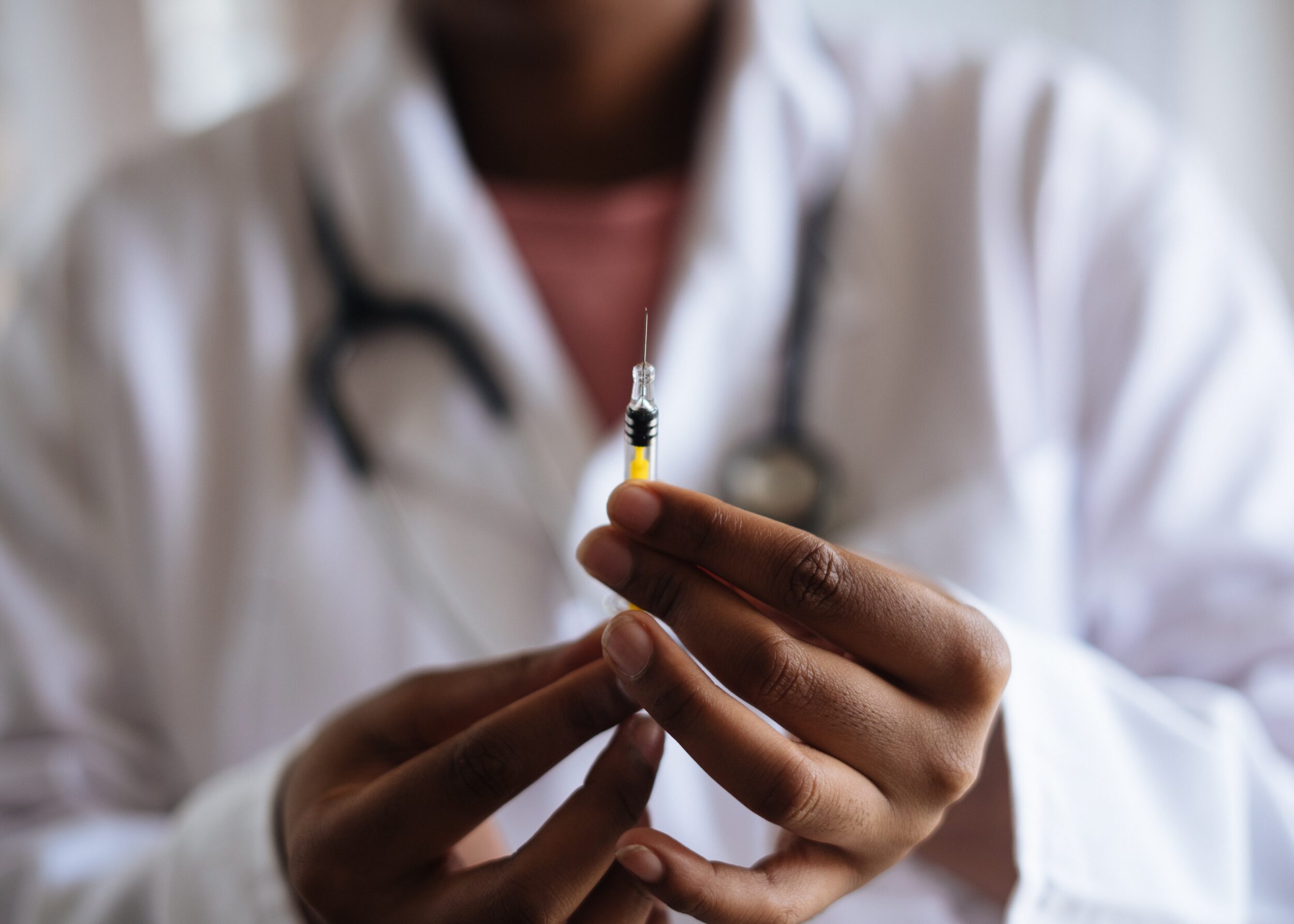Why is it absolutely necessary to vaccinate teenagers, girls and boys, against the papillomavirus? Because more than two thirds of the population is exposed to the virus in their lifetime!
When this virus breaks out, it causes lesions and genital warts. In 90% of cases they resolve on their own, but when the infection persists, it can evolve over the years and become cancerous. An estimated 30,000 precancerous lesions and 6,000 HPV-related cancers are screened each year. So many complications that could be avoided thanks to the vaccine.
To encourage young people to protect themselves, the President of the Republic has just announced the generalization of vaccination campaigns in all French colleges. For these campaigns to be effective, other parallel measures must be implemented, starting with informing the population about the effects of the papillomavirus and promoting the effectiveness of its vaccine.
Papillomavirus vaccination: it works
By age 25, 85% of young people have already been exposed to HPV. This STI (sexually transmitted infection) is one of the most common and is not the result of risky behavior. Extremely contagious, the virus is transmitted orally, vaginally, anally, through sexual intercourse, caresses or the exchange of sex toys. Condoms do not prevent all contamination and only vaccination can limit (even eradicate in the long term) transmissions. France is lagging behind on the subject and struggling to shed preconceived ideas. His strategic choices in terms of vaccine distribution also pay off: until now, students had to go to the doctor or pharmacy, which meant that they thought about it alone and moved on. An initiative that is anything but systematic.
In countries where adolescents receive the vaccine directly at school, the results are compelling: in Australia, 22.7% of women aged 18-24 were HPV carriers in 2005 compared to only 1.5% in 2015. In this country, 80% of girls and 76% of boys are now vaccinated. Across the Channel, vaccination also affects 80% of adolescent girls, with an 87% drop in cervical cancer, a disease caused exclusively by the papillomavirus.
The human papillomavirus vaccine is given from early adolescence to age 30
For optimal efficacy, doses should be administered in early adolescence. According to a Swedish study published in 2020 in the journal The new English journal of medicineearly vaccination is particularly effective in the fight against these cancers: “ We found that participants who were vaccinated before age 17 had an 88% lower risk of getting cervical cancer than those who weren’t vaccinated. Beyond that, and up to the age of 30, vaccination reduces the risk by 53%. This percentage remains significant and should motivate young women to catch up.
In France, only 37% of women are vaccinated, compared to 6% of men, while around 1,000 women die of cervical cancer each year, not counting ENT, vulvar or vaginal cancers. . Men are not excluded and can develop similar pathologies.
Measures to ensure the effectiveness of vaccination campaigns
France seems ready to catch up, but for the generalization of vaccination to be effective, some essential measures must be taken into account:
- Targeting health in schools: in countries where the coverage rate is particularly high, vaccination campaigns have been carried out in schools. In France, children must have parental consent to dispose of these doses. The question of whether or not this vaccine is mandatory will depend on the results of the first campaigns which will take place on a voluntary basis.
- Generalize catch-up vaccination: today, catch-up vaccination continues until age 19. Only men who have sex with men are eligible until the age of 26. Vaccine effectiveness decreases with age. Despite everything, according to the aforementioned Swedish study, the vaccine still significantly reduces the risk of cancer if administered before the age of 30. The recovery period could therefore extend well beyond the 19 years set by France.
- Simplified access to the vaccine: until now, pharmacists could only vaccinate adolescents over the age of 16. From September 2023, all healthcare professionals, including nurses, midwives and pharmacists, will be allowed to prescribe and administer doses from the age of 11.
- Launch important information campaigns: papillomavirus is a little known virus and there is a lot of false information about vaccination. Prevention measures must be accompanied by information and awareness campaigns explaining the exact functioning of the disease and the vaccine, as well as its benefits.
By generalizing these campaigns in colleges, the President of the Republic hopes to be able to reach 800,000 students a year. If effective measures are taken to promote this generalization, France too could reach 80% vaccination coverage by 2030.
Source: Madmoizelle
Mary Crossley is an author at “The Fashion Vibes”. She is a seasoned journalist who is dedicated to delivering the latest news to her readers. With a keen sense of what’s important, Mary covers a wide range of topics, from politics to lifestyle and everything in between.





